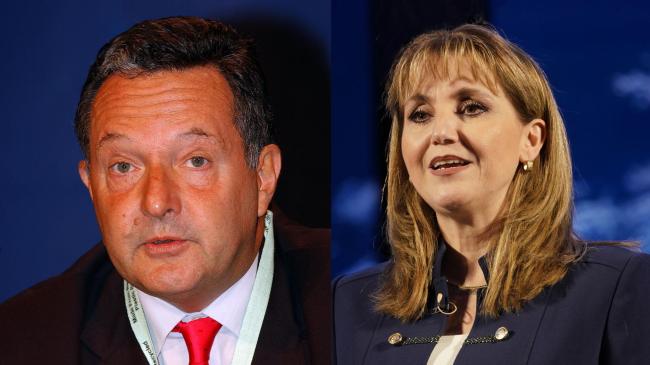News Details

All Eyes On Madrid As UN Tourism Gears Up For Crucial Leadership Vote Amid Demands For Fairness And Regional Balance
As the 123rd session of the United Nations Tourism Executive Council opens tomorrow May 29-30, 2025 in Madrid, Spain, a critical decision lies ahead: who will become the next Secretary General of UN Tourism, formerly known as the UN World Tourism Organisation [UNWTO].
But beyond the names on the ballot, the bigger question reverberating through the corridors of power is one of fairness and genuine global representation.
For more than three decades, the leadership of the organisation has been monopolized by Europe and the Middle East. This longstanding dominance has sidelined other regions, particularly Africa, Latin America, and parts of Asia that have never had the opportunity to lead the body, despite their growing contributions to global tourism and their expanding influence within the organisation.
Now, with the collapse of incumbent Zurab Pololikashvili’s controversial third-term bid, the race has opened up, and with it, a rare opportunity to reset the leadership imbalance.
Why Africa’s Votes Must Go Where Leadership Has Never Gone
Africa commands the largest voting bloc within the Executive Council. That influence, however, must be used wisely. As pressure mounts to elect a new Secretary General, it is imperative that Africa’s support goes to a candidate from a region that has never led the organisation. Anything less would be a missed opportunity to challenge the structural inequities that have defined the UN Tourism leadership for far too long.
For Africa, the issue is not just who wins, “It’s whether we use our power to break a cycle that has kept most of the world locked out of leadership. Our votes must speak for the principle of fairness.”
By supporting a qualified candidate from an underrepresented region, African nations can reinforce the call for genuine rotation and inclusion, ensuring that UN Tourism reflects the diversity of its membership, not just in words but in leadership.
A 30-Year Pattern of Exclusion
Since its establishment, UN Tourism has seen successive Secretaries General from Europe and the Middle East. While these regions are undeniably significant to the tourism industry, their uninterrupted hold on the top office has become increasingly indefensible in a world where tourism growth is accelerating fastest in the Global South.
This monopoly has undermined the institution’s credibility and alienated regions whose voices are crucial to crafting sustainable and inclusive tourism policy.
This is not just about symbolism, “It’s about ensuring that policies reflect the challenges and opportunities faced by destinations that have often been marginalised or misunderstood.”
A Strategic Moment for Africa
With over a quarter of the voting strength, African countries have the ability to shape the outcome in Madrid if they act collectively and strategically. Internal consultations have reportedly gained momentum, with discussions centring on which of the two leading candidates of Gloria Guevara of Mexico or Harry Theoharis of Greece, can best represent a break from the past and bring fresh perspectives to global tourism leadership.
Choosing Theoharis would extend Europe's decades-long grip on the post. By contrast, Guevara, a seasoned tourism leader from Latin America, represents a region that has never held the Secretary General position. Supporting her would signal Africa’s alignment with the broader Global South and its commitment to more inclusive international governance.
The Global Stakes
The leadership election comes at a defining moment. The global tourism sector is still recovering from the COVID-19 pandemic and facing intensifying challenges, climate change, sustainability, digital innovation, and equitable development. The next Secretary General will need not only diplomatic agility but also a strong understanding of the needs of emerging tourism destinations.
Fair representation is essential if we want truly global solutions, “And that means electing leaders from the regions where tourism has the most potential to transform economies and lives.”
The Road Ahead
With lobbying in full swing, all eyes are now on how Africa and the wider Global South will vote. The question is no longer just who becomes Secretary General, but whether this election will finally break with the exclusionary traditions of the past.
Madrid could mark a new beginning for UN Tourism, but only if African nations use their votes to make history, not repeat it.
The world is watching. And this time, Africa must vote for change, by supporting a region that has never had its turn.
By Lucky Onoriode George, Executive Director, African Travel Commission [ATC] www.africantravelcommission.org based in Accra, Ghana.


